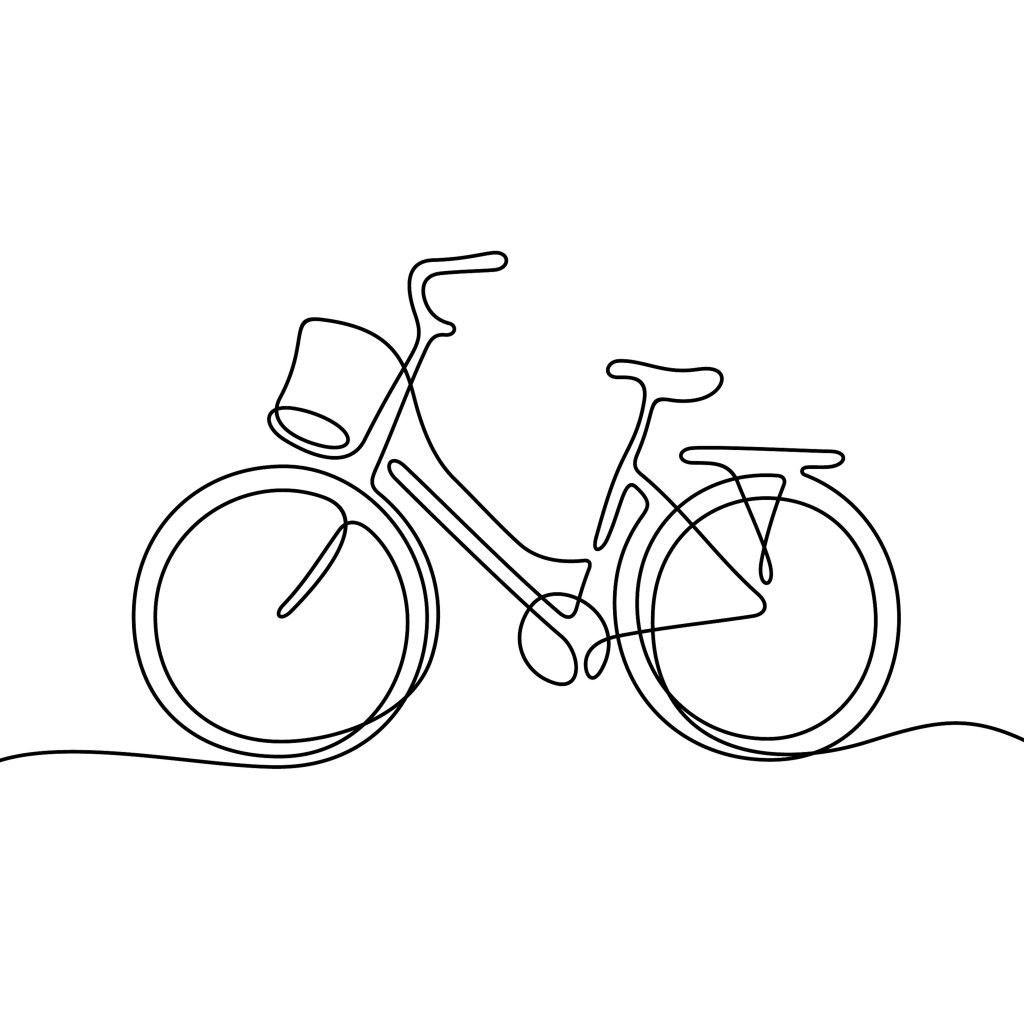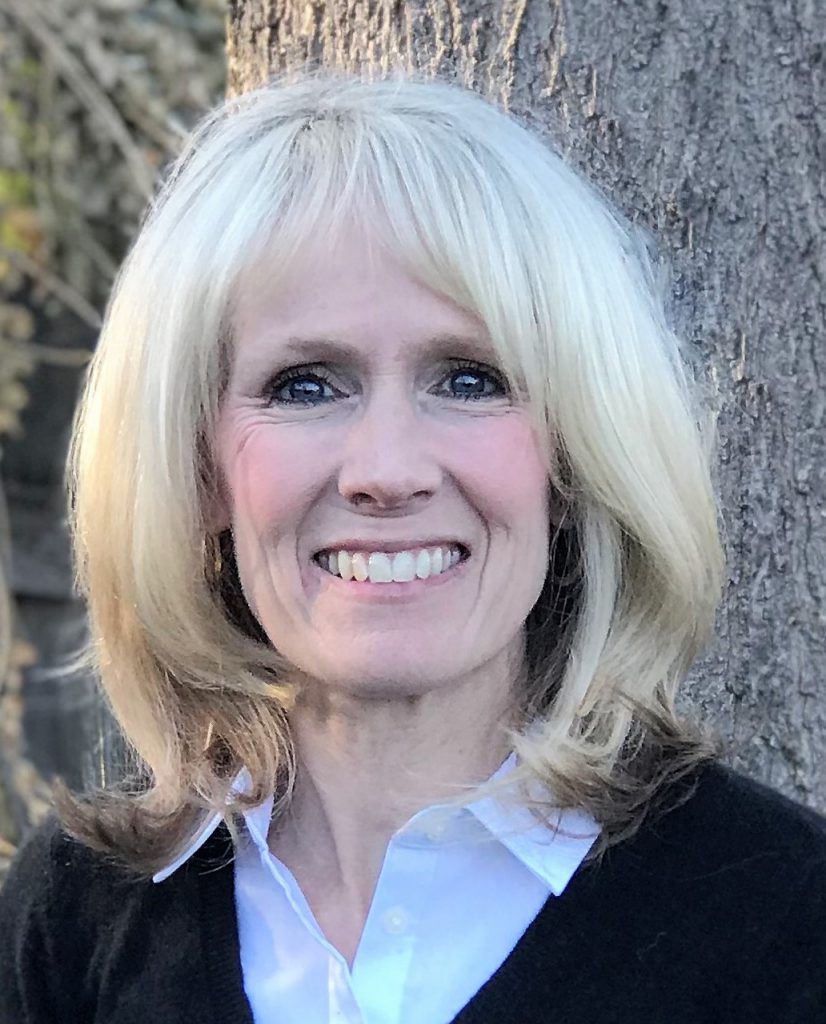A State of Equilibrium
Kristin Bjorkman Dunn
Idaho State Bar Commissioner
Fourth District
Published September 2021

I live in a neighborhood where one of the streets ends with a cul-de-sac in front of a park. It is a quiet space and an ideal location to learn how to ride a bicycle. Recently I was on an evening walk with my son and as we passed through the cul-de-sac, we saw a family using the space for that exact purpose. The child sitting astride the bicycle was young, maybe four years old and was pedaling with determination as an adult ran alongside holding the seat of the bicycle until the child balanced and sped off without further assistance. My son recalled that he learned to ride his bicycle in the same cul-de-sac. I told him his older sister did too.
As I watched the child pedal round and round in the cul-de-sac, I thought how mastering the balance necessary to ride a bicycle would open a new dimension in the world of this child. Riding solo builds independence and provides a means to explore one’s surroundings. I also reflected on the myriad ways seeking and finding balance plays a regular role in our lives. In our early years, balance is integral in our quest to learn to walk. Later, as with the child I saw in the cul-de-sac, balance helps us master the bicycle. Balance, however, it not just confined to our physical movement. Balance plays a role in other ways too.
We balance the need to belong, to feel part of a community, against our individual uniqueness. As students we balance our time between play and study. When we enter the work force, we balance the hours spent at our trade with the responsibilities we have at home. We strive for balance between time dedicated to work and time spent in relaxation. We make space for friends and family.
Balance factors into other elements of our lives. For example, our health benefits from a balanced diet. Financial security is improved with a balanced portfolio. Balance of power protects us from tyranny. Individual freedom is balanced with public order and safety. When we balance our desire to be heard with the importance of listening to others we become better partners, better parents, and better citizens and relationships flourish.
” It was also a reminder that without balance our movements are clumsy, our priorities become skewed, and our communities lack harmony.”
Just as it is in these other contexts, balance is at work in the law. Lady Justice holding the Scales of Justice is one of the most, if not the most, recognizable symbols in the legal system. The scales might not always rest in perfect balance, but they represent that evidence for and against an issue should be weighed and considered. Attorneys are distinctly aware of the importance of objective evaluation and critical thought. We understand that balanced consideration of the issues is an important component of finding a solution. We use these abilities regularly in our work. We balance the view of our cases against the merits of the other party’s position. We seek to help disputing parties find mutual understanding. When asked to write contracts, we provide guidance to our clients helping them sort through the details and address individual concerns while balancing the need for common ground with the other party.
Seeing that child in my neighborhood was a sweet moment. It was also a reminder that without balance our movements are clumsy, our priorities become skewed, and our communities lack harmony. I suspect the balance found by the child I saw in the cul-de-sac required more than one try. It’s not all that different when you are an adult.

Growing up, Kristin Bjorkman Dunn lived in several parts of Idaho. She called the the towns of Salmon, Burley, and Moscow home. When she was finished with school, Kristin’s first job took her to Coeur d’Alene. Kristin now makes her home in Boise. In her spare time she can be found reading on her back patio, running on the greenbelt, or camping with her family.

